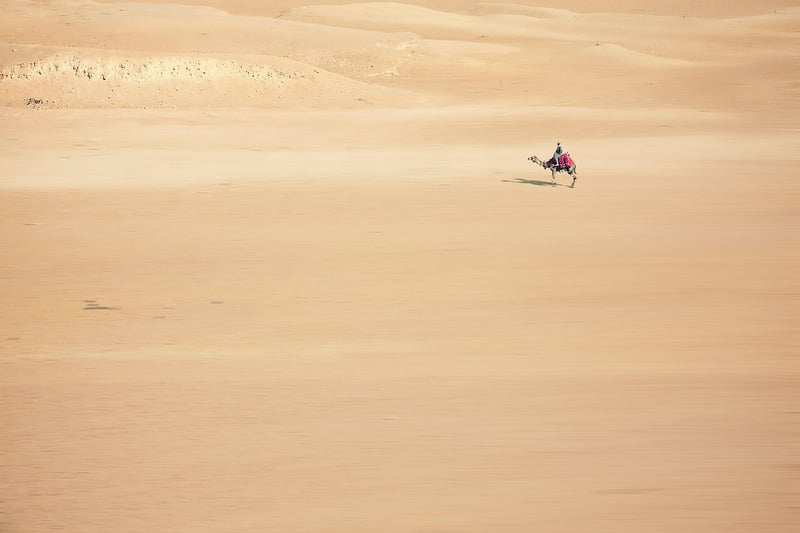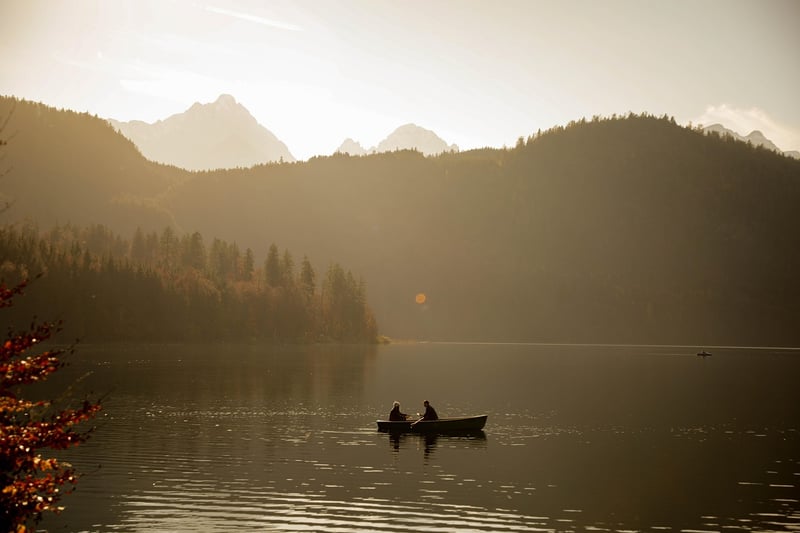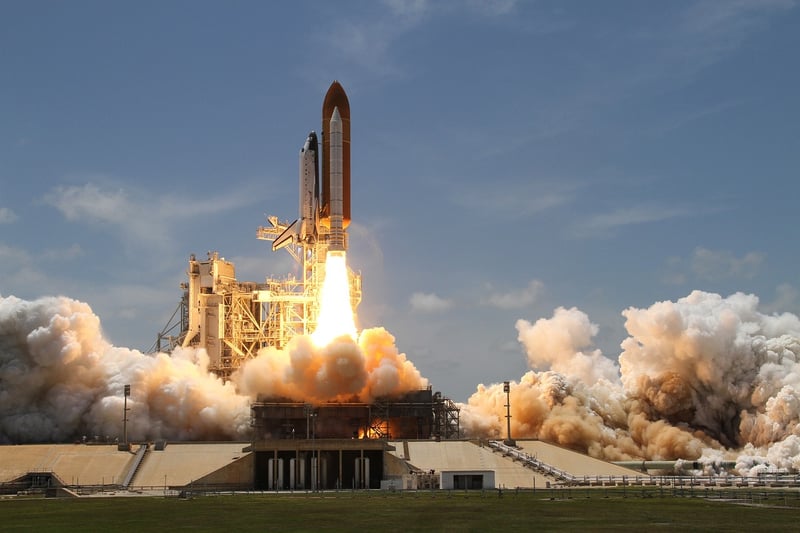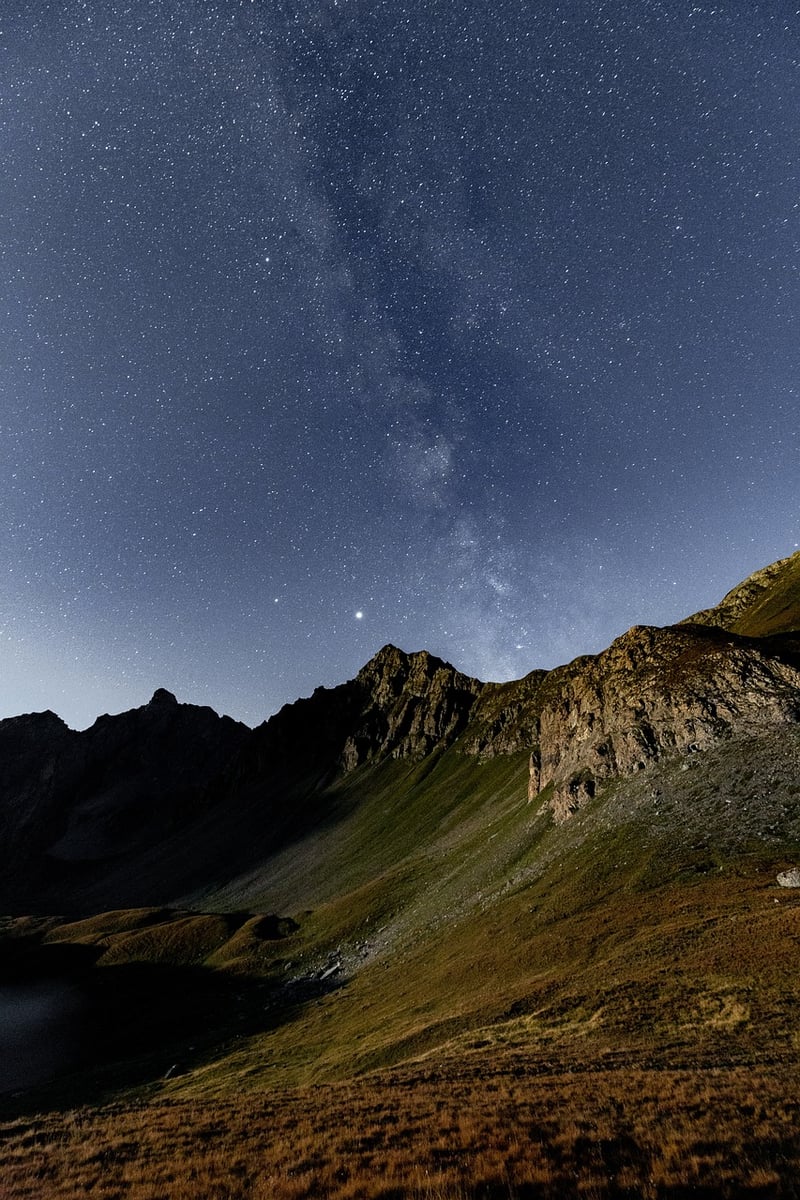Future Exploration
Exploring Different Eras and Future Exploration
Introduction
Exploring different eras and future exploration has always captivated the human imagination. From ancient civilizations to the age of discovery, humanity has pushed the boundaries of knowledge and ventured into the unknown. Let's delve into the various eras of exploration and look ahead to the exciting possibilities of future exploration.
Ancient Exploration
Ancient civilizations like the Egyptians, Phoenicians, and Greeks were early pioneers of exploration. They set sail across the seas, discovered new lands, and established trade routes that connected distant corners of the world.

Age of Discovery
The Age of Discovery in the 15th to 17th centuries saw European explorers like Christopher Columbus, Vasco da Gama, and Ferdinand Magellan navigate the globe, leading to the discovery of the Americas, new trade routes to Asia, and the mapping of uncharted territories.

Space Exploration
In the 20th century, humanity turned its gaze towards the stars with space exploration. Milestones like the moon landing, Mars rovers, and the International Space Station have expanded our understanding of the universe and laid the groundwork for future space missions.

Future Exploration
The future of exploration holds exciting possibilities, from deep-sea exploration to space tourism and even interstellar travel. Advancements in technology, such as AI, robotics, and propulsion systems, are paving the way for humans to reach further into the cosmos than ever before.

Conclusion
Exploration has been a fundamental part of human history, driving us to seek new horizons and expand our understanding of the world. As we look back on the achievements of the past and forward to the possibilities of the future, one thing remains clear - the spirit of exploration will continue to inspire us to reach for the stars.
Let's keep exploring, discovering, and pushing the boundaries of what is possible.
